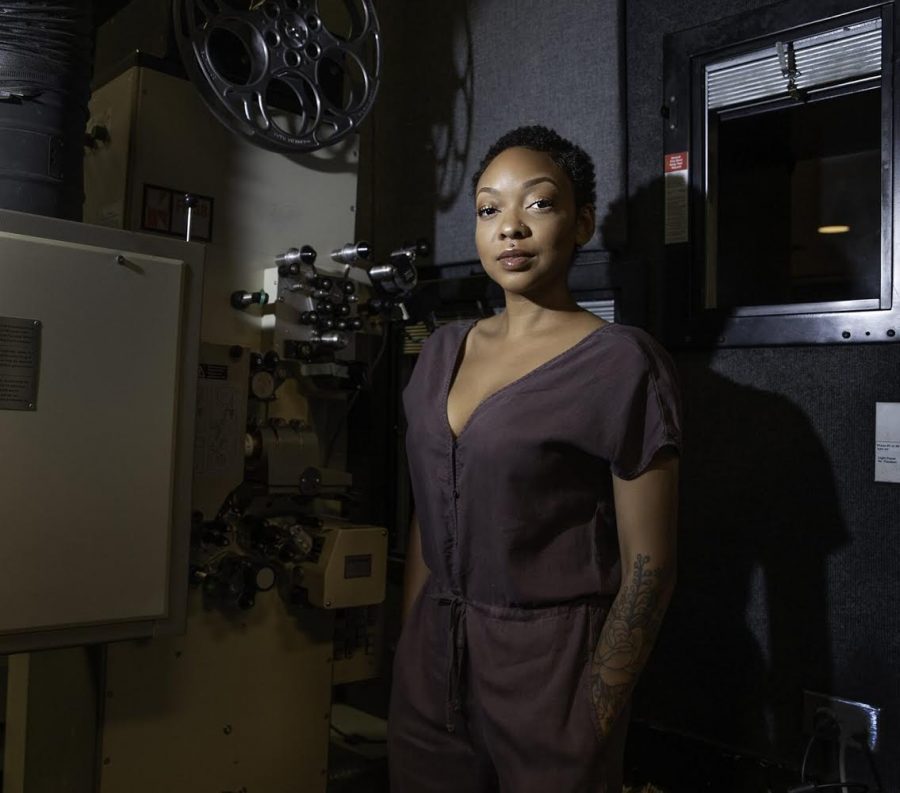CARE and SHAPE host “Unlearning Sex” screening and Q&A with filmmaker
Zanah Thirus. The Chicago-based independent filmmaker said she uses film as a medium to drive social change.
February 4, 2021
Content warning: This story contains mentions of sexual assault.
Sex is not talked about in a society from a pleasure-based perspective, said Chicago-based filmmaker Zanah Thirus. It is often seen as something done to an individual, as opposed to a mutually shared, pleasurable experience.
Northwestern’s Center for Awareness, Response and Education and Sexual Health and Assault Peer Educators hosted a virtual screening of Thirus’s documentary, “Unlearning Sex,” on Tuesday to kick off Black History Month.
“Unlearning Sex” explores Thirus’s six-month journey navigating sexual trauma therapy and healing, as well as her conversations with therapists, sex educators and activists. The screening was followed by a Q&A and discussion facilitated by Saed Hill, assistant director of prevention and masculine engagement at CARE, who was featured in the documentary as a sex educator.
While discussing the missing components of sex education throughout the country, Hill and Thirus simultaneously said “sex!” at the count of three.
The Tuesday conversation was centered around restoration, inner peace and finding different ways to work through sexual trauma as a form of empowerment, Weinberg sophomore Kahsaia de Brito said.
“The thing that stuck with me the most was the idea that consent is the foundation for sex, and how everything that is sexual violence and rape is not sex,” de Brito said.
Thirus said “Unlearning Sex” came together pretty suddenly, as she was working with her sexual trauma therapist who specialized in narrative exposure therapy, which is based in using art as a medium to heal. As she engaged in writing assignments and listened to her recorded therapy sessions, Thirus said she realized how much she’d changed in just a few months.
In the documentary, Thirus said sexual trauma therapy helped her start to reclaim her body and realize she blamed her younger self for her naivety and her assault.
“It took me a very long time to even identify that I was a survivor because I was taught to make excuses about my experience or think about what I could have done differently to prevent it from happening,” Thirus said. “There was a lot of guilt and shame that I carried that kept me from seeking the help that I needed.”
Thirus also got a tattoo and went skydiving during her healing journey. Though potentially painful and scary moments, her therapist emphasized the consensual nature of these acts and how they allowed Thirus to reclaim her body.
The documentary concluded with the words “I look forward to more unlearning… I hope this inspires survivors everywhere to do the same” on the screen.
Kyra Jones, the assistant director of sexual violence response services and advocacy at CARE and a SHAPE adviser, said the message resonated with her.
“I hope that people start to understand that healing from sexual violence is not one size fits all,” Jones said. “There’s all sorts of ways that you can process what happened to you and move forward in a healthy way.”
Email: [email protected]
Twitter: @jacquygermain
Related Stories:
— Tarana Burke talks MeToo movement during keynote address for MLK Dream Week


